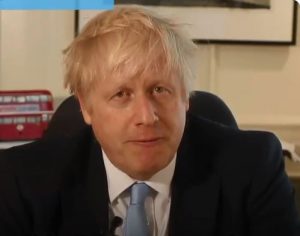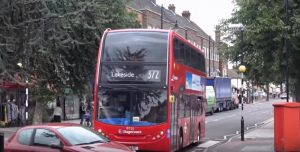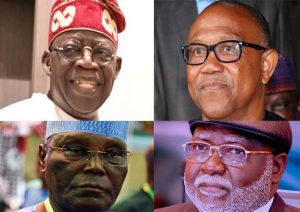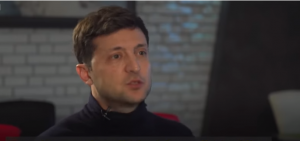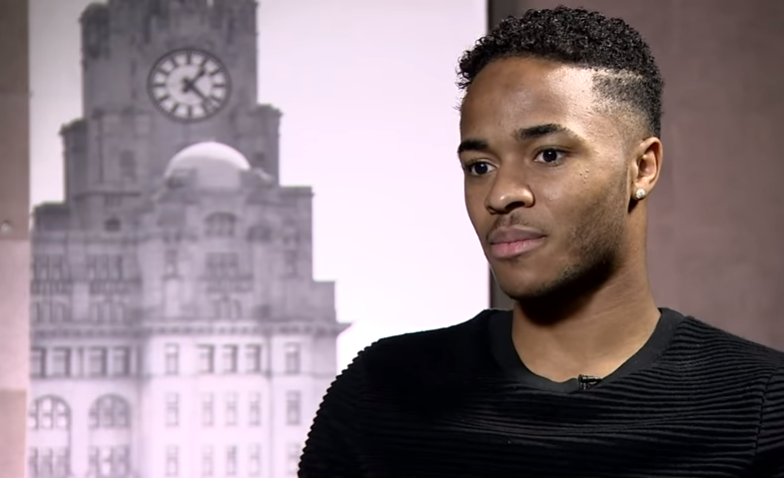
BBC: ‘Why BBC Sport Can’t Escape Sports Journalism’s Problem’ By Hugh Woozencroft
BBC Sport has a problem and it is an issue dogging the whole of the sports media.
It’s time we were open about it.In light of the alleged racist abuse England and Manchester City star Raheem Sterling faced, he took aim at the sports journalism industry, claiming the unfair portrayal of black players “fuelled racism”.
Some feel he has a point, others don’t. But this week, journalists of all backgrounds had to sit and think whether they or their organisations were guilty. I know it has led to some uncomfortable conversations.
Often the wider conversation is around BAME representation – people from Black, Asian and minority ethnic backgrounds.
But I want to focus here on people from the first part of that acronym. And the fact is, the sports media industry is failing black people and BBC Sport is no different.
I felt compelled to speak to you as one of the few black journalists within BBC Sport. I’ve had discussions with fellow black journalists who feel that a difference in portrayal between black players and white players is clear, and that it wouldn’t have happened had there been more of us in newsrooms.
In fact, you’ve probably seen or heard from most of the senior black journalists in the country as guests on various outlets this week because frankly, we have never been busier!
There simply aren’t enough black sports journalists and editors to go around and that’s a sad indictment of the state of the industry.
A number of these journalists were asked to write articles for their publications in response to Raheem Sterling’s claims. Some declined, feeling their employers would look like hypocrites.
This is where BBC Sport and I come in.
Many people know me as the sports presenter on BBC News with the big beard. Maybe you’ve now got a better idea who I am?
If you don’t, a lot of other people identify me as one of the black sports presenters on BBC News.
In fact, I’m the only black TV sports presenter on BBC News out of 10 full-time members of staff.
That, in itself, isn’t actually surprising, but what about the rest of BBC Sport?
- In over 50 years of Match of The Day, there has never been a black host.
- If you listen to ‘5 Live Sport’ on Radio 5 live, you will only hear one hour of around 27 per week hosted by a solo BAME host. (Three, including two former Premier League footballers, are co-hosts.)
- None of the domestic sport correspondents for BBC News are black.
- None of the individual sports correspondents (cricket, football, athletics, etc) within BBC Sport are black.
- None of the staff writers on the BBC Sport website are black.
- If you saw the BBC’s Wimbledon or Six Nations coverage this year you won’t have seen a single black host and, if you watch Sports Personality of the Year this weekend, you will not see a black presenter out of the three hosts on the main show (although the red carpet show is an all-BAME presentation team).
Now, here’s where I deal with those who say, well it’s the ‘best person for the job’ and ‘why are you making it about race?’.
I’m not trying to say my colleagues aren’t brilliant at what they do – they are! I love their work and it makes me proud to be associated with BBC Sport. But if you’re asking why I’m making it about race, the journalism industry made it about race – and even more so class – long before it was being called out by people like me for a lack of diversity.
The burden shouldn’t be on people like Raheem Sterling to call out the unjust portrayal of his team-mates. Black ex-professionals shouldn’t have to expose the racial undertones to reports on players like Wilfried Zaha, Romelu Lukaku or Paul Pogba.
Importantly, the onus shouldn’t be on me, as one of the few black sports broadcasters within the BBC, to be transparent with you and say, simply, we do have a serious problem with creating a racially diverse newsroom.
I’ve been fighting hard for change with the BBC’s BAME career progression project and I also work extremely closely with the Black Collective of Media in Sport (BCOMS), an unfunded organisation that promotes diversity within the sports media industry.
BCOMS research shows there has never been a black sports editor at a mainstream national newspaper and only one black writer was sent to this year’s Fifa World Cup by UK national newspapers.
The evidence is compelling, right? Yet still, I didn’t feel it was fair for us, here at BBC Sport, to dissect what Raheem Sterling has said about newspapers without first being open with our readers, viewers and listeners.
I’m born and bred in London but I’ve worked in Salford for the past seven years, since the BBC decided that licence fee payers outside of south-east England were not seeing that money come back to them as investment and spending in their local communities.
The organisation identified an issue with an underserved audience and moved to address it with huge financial backing. The BBC identified an issue with equal pay between different genders and has taken steps to address it with huge financial backing.
So what is the BBC going to do to make sure black sport fans, of whom there are many in this country, see themselves reflected on air but also off air in other production, editorial and management roles?
Must black people take from this that the BBC has moved too slowly or that the true desire to be more representative only exists as goodwill and empty promises?
Well, I did actually speak to the senior management where I work.
In BBC Sport, they contend they are determined to change, including the appointment of a diversity lead within BBC Sport last year.
About 18% of BBC Sports News staff are BAME. The national average for the population is 13%, according to the last Census.
The BBC as a whole has set the target of 15% of its workforce being from BAME backgrounds by the end of 2020.
BAME ex-footballers across all BBC TV football, including Match of the Day and 5 Live Sport, make up a third of pundits. There are BAME presenters on four shows across the week on Radio 5 Live: The Monday Night Club, Friday Football Social, 606 and The Squad.
Yet if you watch live football on any of the main broadcasters in England, Scotland or Wales you will not see a black main host, even though a third of professional players in England are black.
Raheem Sterling is a black person in Britain, highlighting the unfair treatment of his fellow black colleagues. He shouldn’t be alone in doing so and I won’t let him be.
Sport is something that is often described as having the ability to unite all people. If so, the sports media should reflect that with accurate representation for all communities. As a publicly funded organisation that includes the BBC.

